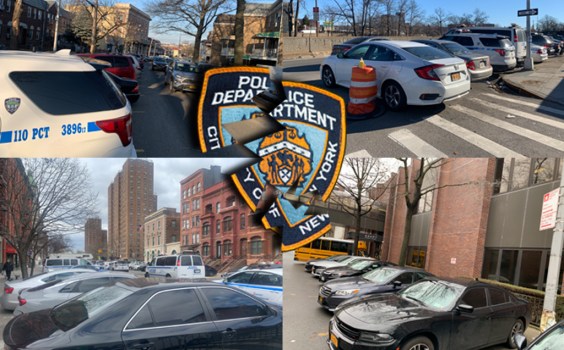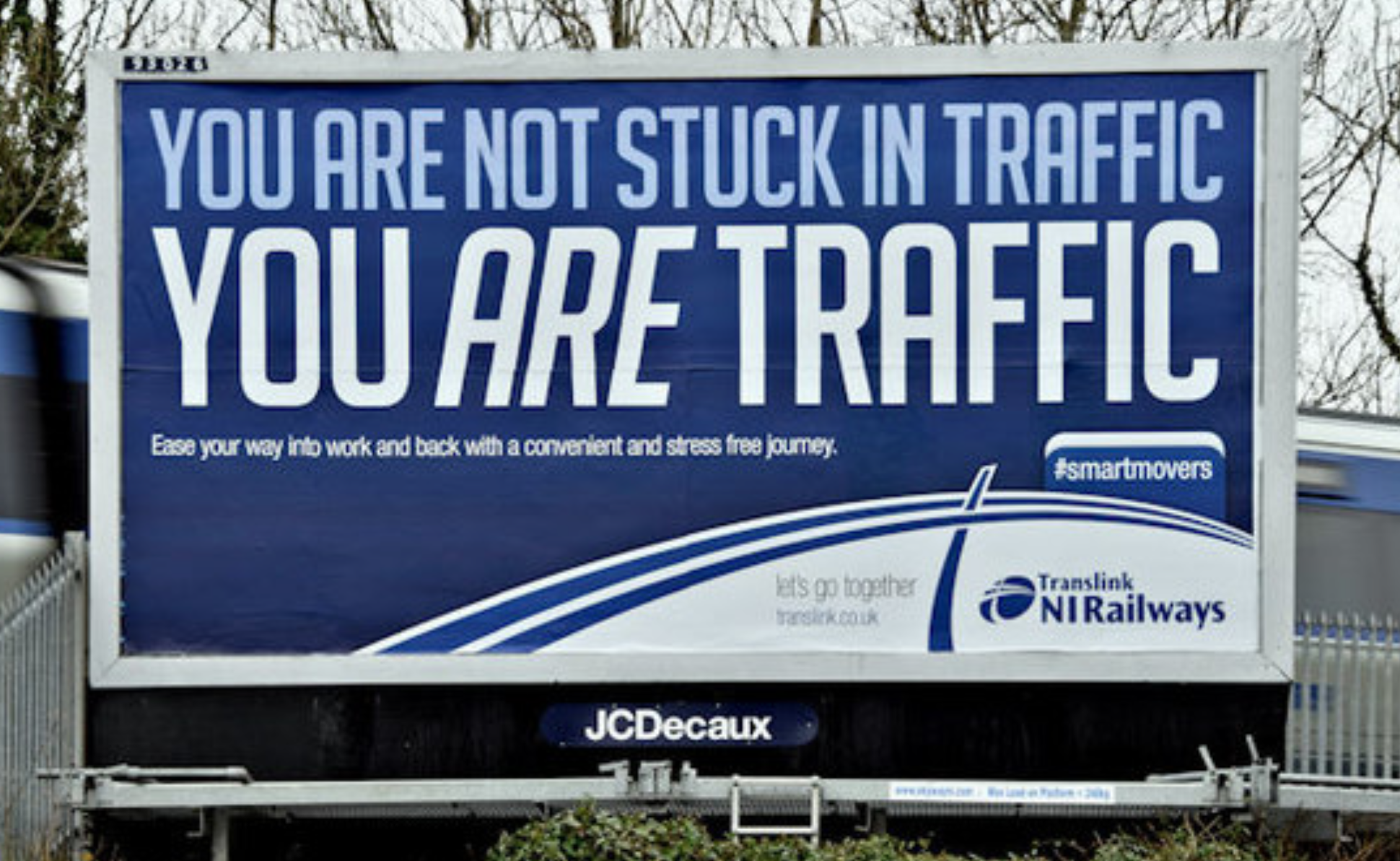A recent study by Michael Manville at UCLA [PDF] has been making the rounds on the Streetsblog Network. Examining areas of Los Angeles where parking regulations had been loosened, Manville found that "when parking requirements are removed, developers provide more housing and less parking, and also that developers provide different types of housing: housing in older buildings, in previously disinvested areas, and housing marketed toward non-drivers."
Shane Phillips at Network blog Better Institutions offered this take on the new research:
Minimum parking requirements result in more space being dedicated to parking than is really needed; in a world of height limits, floor-area ratios, and endless other development regulations this necessarily leaves less space for actual housing. What really struck me, though, was the straightforward assertion that housing marketed toward non-drivers sells for less than housing with parking spaces. It's powerful, but it's also obvious: parking costs money to build, so of course buildings with less parking are cheaper. But to have research-driven data behind it adds force to the conclusion.
Right now, parking is usually required in most localities at a ratio of at least one parking stall per housing unit (often more), and in newer buildings it's mostly provided underground. Even though it's ultimately just a big slab of concrete, underground parking spaces cost between $30,000 and $50,000. Each. Sometimes more. Diggin' ain't cheap.
Developers aren't stupid, and they aren't interested in building parking spaces as charity, so they're going to recoup those costs one way or another. They could try to charge residents for the parking, a difficult prospect in some locales where curbside parking is abundant and cheap (or free). To break even, they'd have to rent out every space for every month for thirty years, for between $85 and $140 per month. Or they could just wrap the cost into everyone's rent and give everyone a free parking space. As you add more parking spaces, obviously the cost goes up.
Elsewhere on the Network today: Walkable Dallas Fort Worth writes about the long-term savings that cities will reap from embracing bike infrastructure. Carfree Baltimore looks at the problems with passive safety measures -- airbags, wide streets, bulky cars -- and how they can be obstacles to reducing traffic fatalities. And Hard Drive reports that a proposal to allow gas tax revenues to be spent on bike projects is progressing in Oregon.
+sml.jpg)




